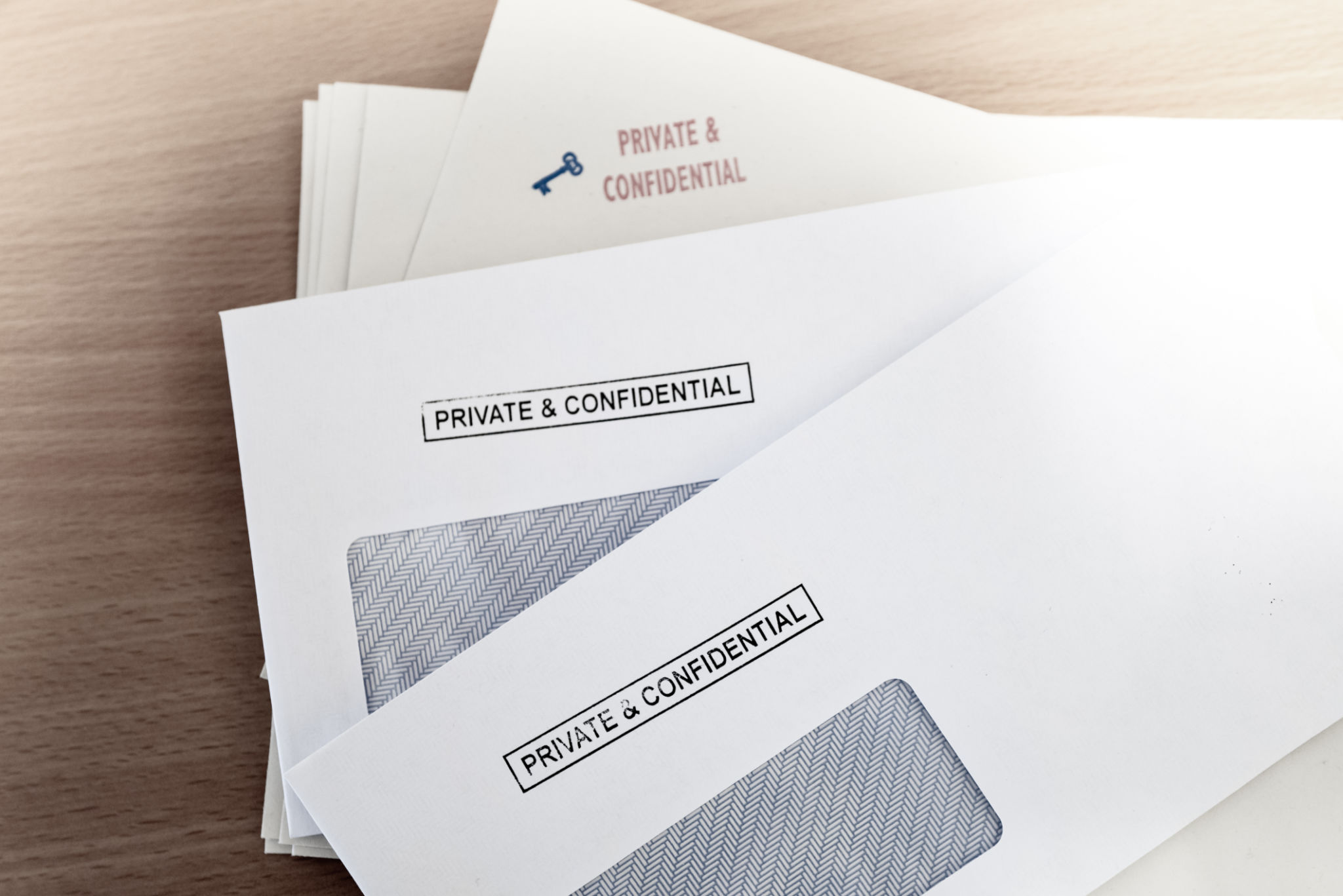The Art of the Cover Letter: Standing Out in a Competitive Market
Understanding the Importance of a Cover Letter
In today's competitive job market, a well-crafted cover letter can be your ticket to standing out among a sea of applicants. While many job seekers focus heavily on their resumes, the cover letter is often the first impression a potential employer will have of you. This document allows you to personalize your application, demonstrate your enthusiasm for the role, and highlight key experiences that make you the perfect fit.

The Basics: Structure and Content
When crafting your cover letter, it's essential to maintain a clear and professional structure. Here’s a basic outline to follow:
- Introduction: Introduce yourself and mention the position you're applying for.
- Body: Discuss your relevant experiences and how they align with the job requirements.
- Conclusion: Reiterate your interest in the position and thank the employer for considering your application.
Keep your cover letter concise—typically one page—and focus on quality over quantity. Tailor each letter to the specific job and company to which you are applying.
Personalization: Tailoring Your Message
One of the most critical elements of an effective cover letter is personalization. Avoid generic salutations such as "To Whom It May Concern." Instead, research the hiring manager's name and address your letter directly to them. Reference specific details about the company or role that resonate with you, showing that you've done your homework and are genuinely interested in joining their team.

Highlighting Your Unique Value
Your cover letter should go beyond restating what's on your resume. Use it as an opportunity to tell your story and highlight unique experiences that make you stand out. For instance, you might discuss a particular project or challenge that you've tackled successfully and how it relates to the job you're applying for. This approach not only showcases your skills but also demonstrates problem-solving abilities and leadership qualities.
Avoiding Common Mistakes
While crafting your cover letter, be mindful of common pitfalls. Avoid using overly formal or technical language that might alienate the reader. Be wary of spelling and grammatical errors—proofread multiple times or have someone else review it for you. Additionally, steer clear of negative language or discussing gaps in employment unless specifically asked to do so.

The Power of a Strong Closing
Your closing paragraph is just as important as the introduction. Summarize your enthusiasm for the position and express your eagerness to bring your skills to the company. Provide your contact information and express willingness for an interview or further discussion. A strong, confident closing can leave a lasting impression on the hiring manager.
Final Thoughts
In conclusion, mastering the art of the cover letter can significantly enhance your job application process. By focusing on personalization, clarity, and showcasing your unique value, you can create a compelling narrative that captivates potential employers. Remember, this document is more than just a formality—it's your chance to shine and make a memorable first impression in a competitive market.